

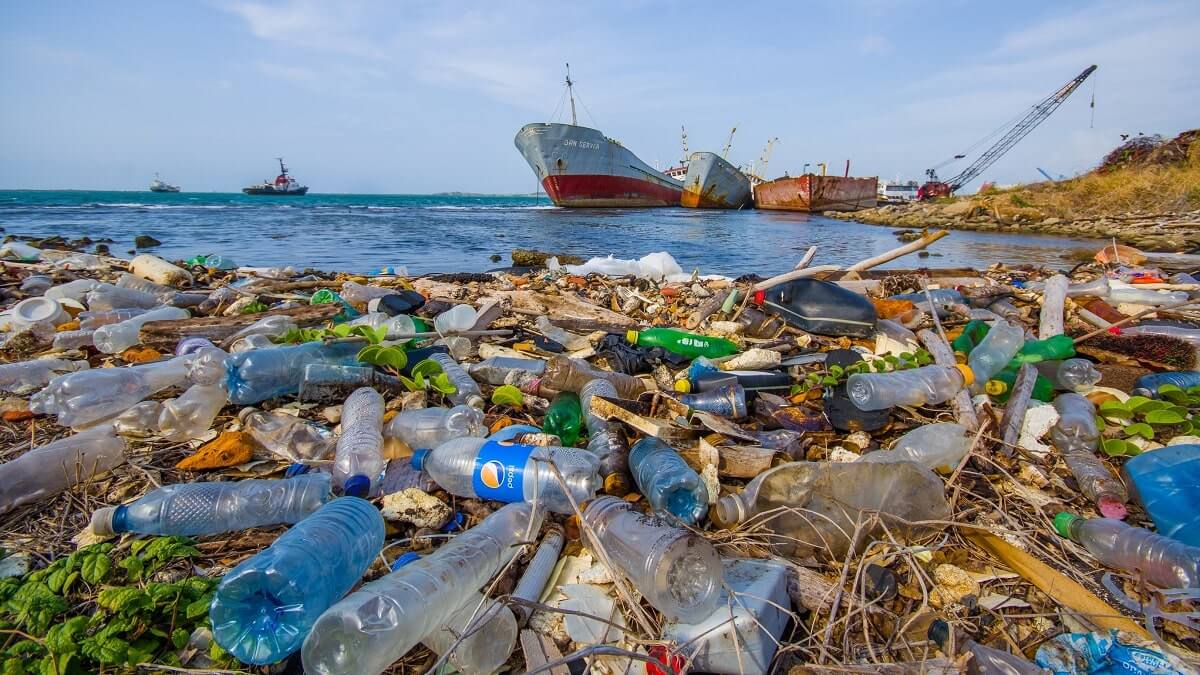
Plastic accumulating in our oceans and on our beaches has become a global crisis. Billions of pounds of plastic can be found in swirling convergences that make up about 40 percent of the world's ocean surfaces. At current rates plastic is expected to outweigh all the fish in the sea by 2050.
Read More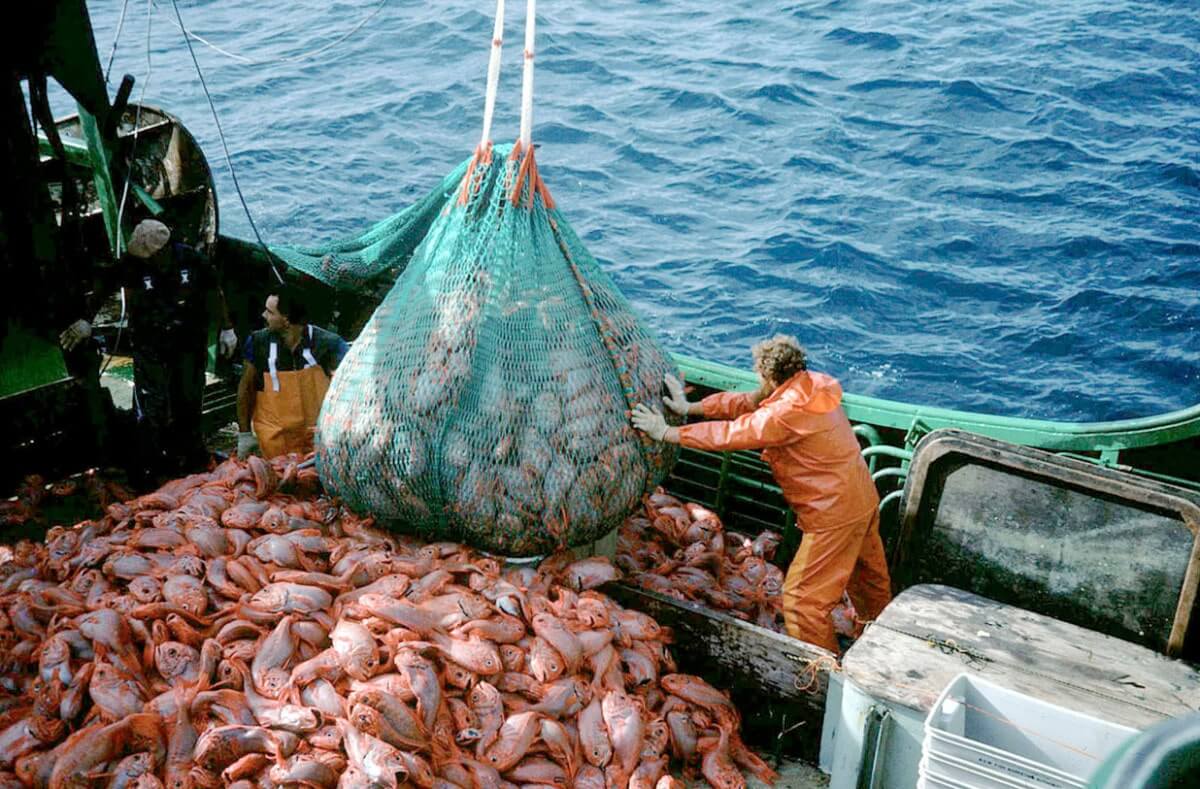
Fishing is one of the most significant drivers of declines in ocean wildlife populations. Catching fish is not inherently bad for the ocean, except for when vessels catch fish faster than stocks can replenish, something called overfishing.
Read More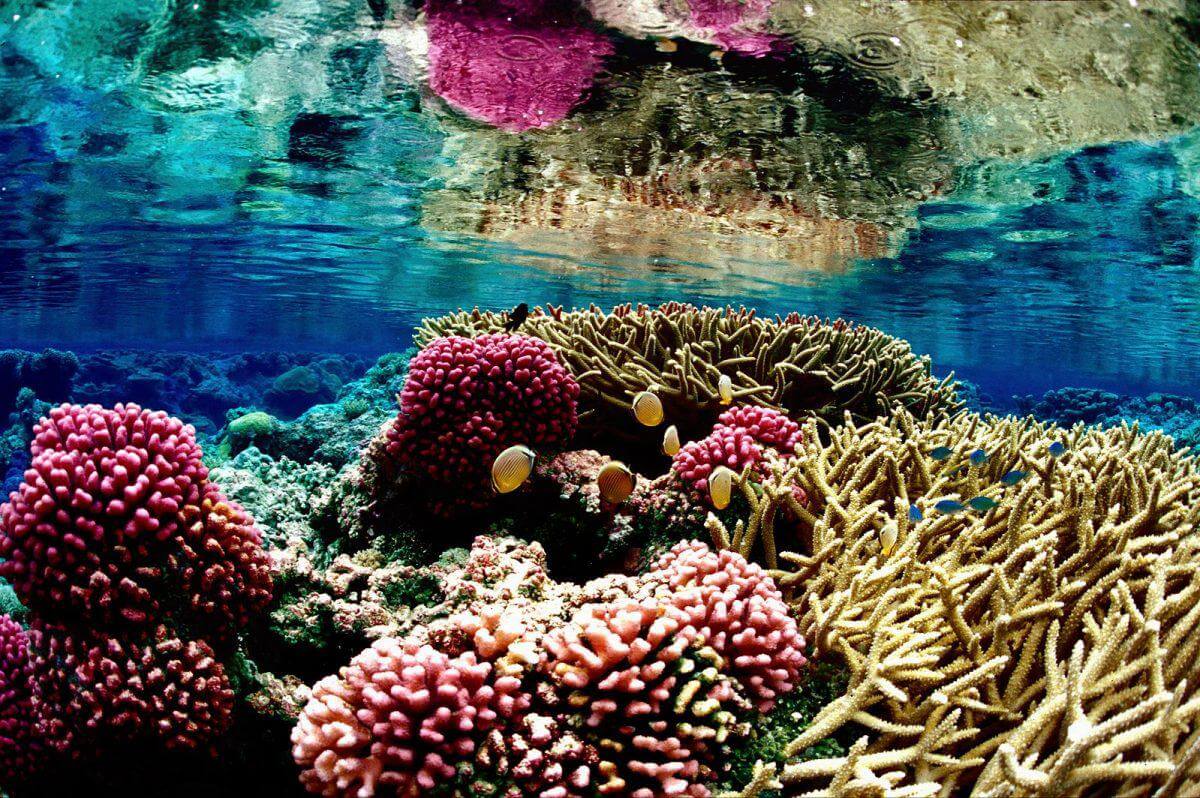
Coral reefs benefit almost 500 million people and provide habitat for 25% of all marine species, but they’re also the most threatened.Avoid touching reefs or anchoring your boat on the reef. Contact with the reef will damage the delicate coral animals, and anchoring on the reef can kill corals.
Read More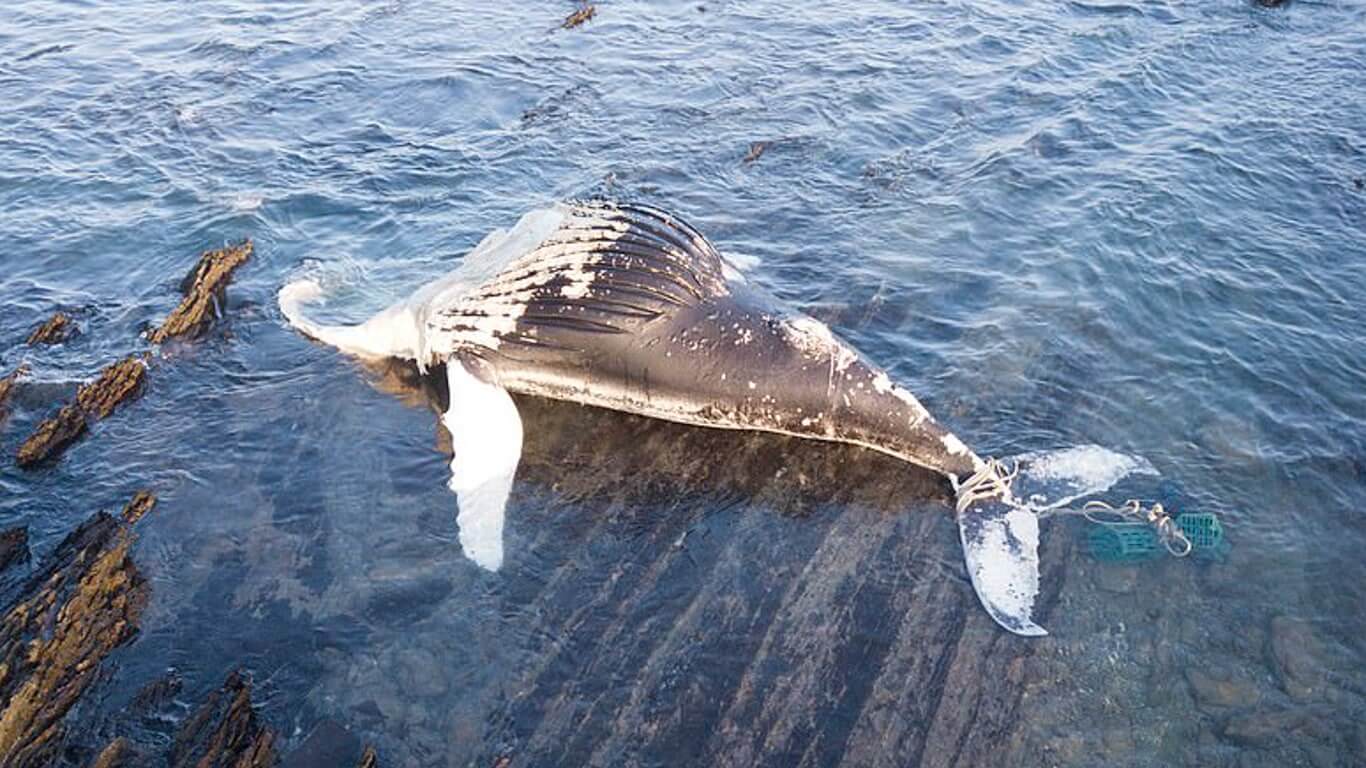
A truly terrifying statistic is that every year, more than 300,000 aquatic mammals Whales, dolphins and porpoises die after getting entangled in fishing nets, with devastating effects on the different species.
Read More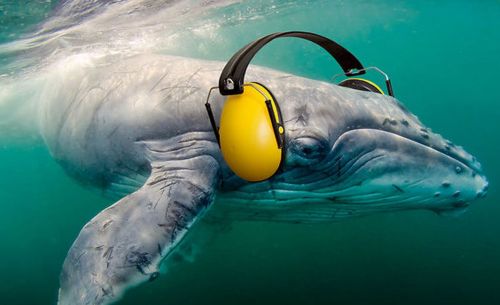
When people hear ocean pollution, they immediately think of the visible ones like plastic pollution, oil spills or sewage run-offs. But sound pollution is just as devastating to numerous marine animals, like whales.
Read More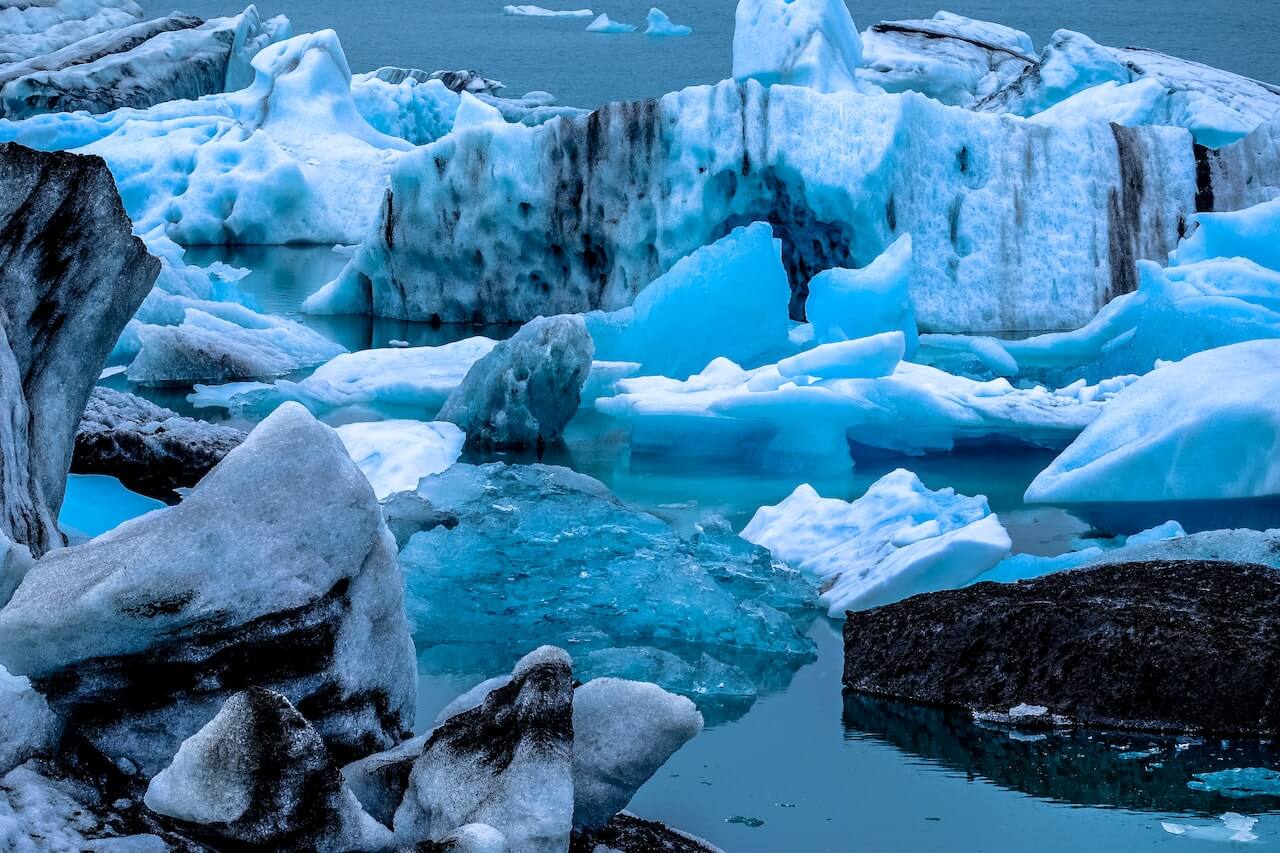
Greenland ice, which has helped keep the planet cool, is rapidly melting as the country reaches average temperatures warmer than in at least 1,000 years.
Read More